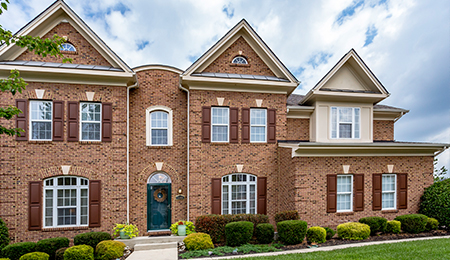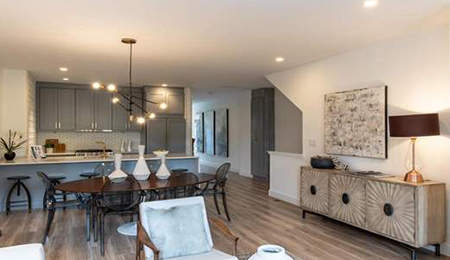Though it might seem tempting, accepting the first offer you get on your house usually means leaving money on the table.
Should you accept the first offer you get on your house?
I recently read an article on Zillow that said your first offer is always your best offer, but today we’ll debunk this notion. Unfortunately, this is a common belief in the real estate world. Sometimes it’s a matter of agents wanting to sell homes as quickly as possible without doing the work necessary to generate multiple offers for their clients. Sometimes it’s a matter of sellers themselves panicking and taking the first offer.
In any case, we advise against automatically accepting your first offer. Even when the market wasn’t so great, we were getting multiple offers for our listings because of how we positioned them on the market and the systems we used to sell them.
If you receive an offer right after listing your home, that’s a sure sign that other offers will soon follow. Sometimes in this situation, buyer’s agents will give our clients a deadline to respond to their offers or present their offers directly to our clients because they know the property is most likely getting multiple offers.
Within our company, we’ve found that clients leave an average of $26,000 on the table by accepting the first offer—even if that offer was over asking price. It seems logical to accept your first offer if it’s a cash offer or over asking price, but you’ll lose money if you don’t have a strategy for marketing your property and dealing with offers. If you take too long to review them, you’ll lose out on interested buyers. If you don’t spend enough time reviewing them, you’re not allowing enough people to come through your property in order to get the best price.
For example, we once listed a townhouse for $599,900 even though the last comparable property to sell in the area did so at $575,000. The market was hot, though, and the property had a relatively nice backyard, so we listed it where we did and got an offer right away for $610,000. Most sellers would’ve been ecstatic to accept that offer, but then we got another offer…and then another…and then another. In total, we ended up with 10 offers and eventually sold for $640,000.
The challenge in these situations is that sometimes the home doesn’t appraise because the offer is so far above the last comparable property’s sale price. The good news is, there are ways you and your agent negotiate around this. You can either waive the appraisal beforehand or add a contingency plan into the contract if the property doesn’t appraise. In our example, we waived the appraisal—not to mention raised the property values in that area by about $40,000.
If you have questions about this or any real estate topic, don’t hesitate to reach out to us. We’re here to help.





